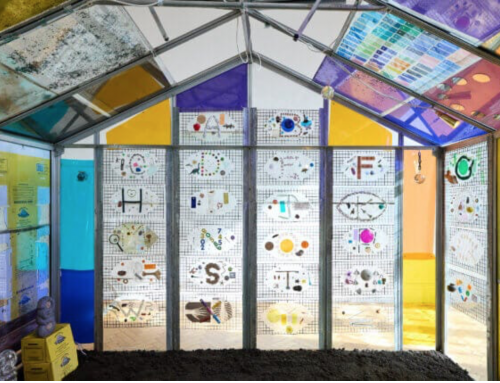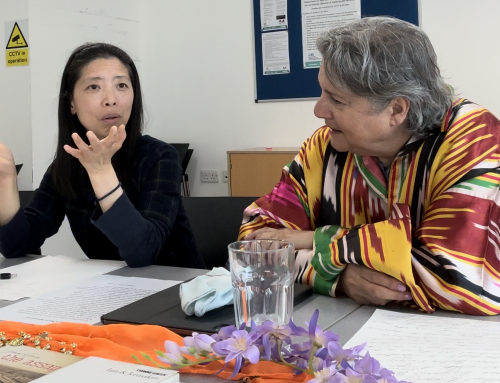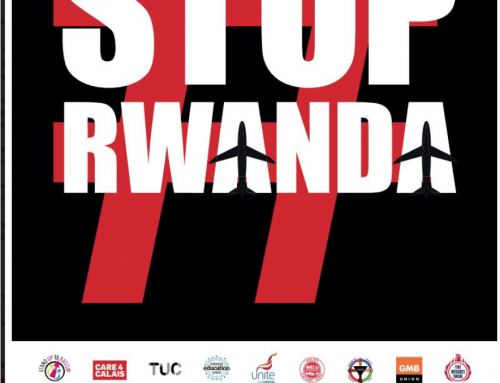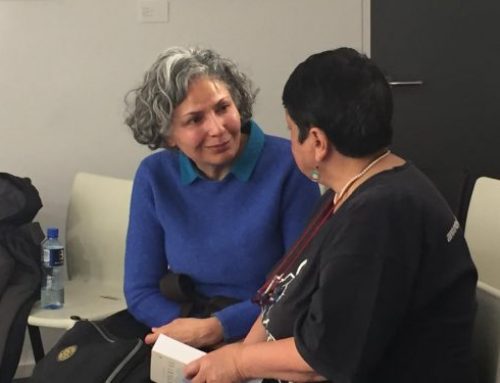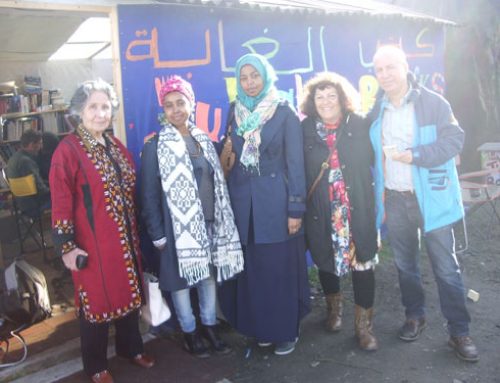Here were five of us from the EWI group at a very interesting and transformative event, with lots of fun too. We dived into this fascinating art form, translation, a form that allows for the exchange of ideas and cultural expressions across borders. Last Wednesday, we had the privilege of attending a unique poetry workshop called Translation Circle event organised by British Bilingual Poetry Collective – BBPC and hosted by our dear Shamim and co-host Mike, where participants engaged in a rich cultural dialogue. This is based on my own experience, my dear friend poets’ accounts may be different.
For setting the stage, the workshop began with introductions. Each person shared their name, followed by a favourite word from their respective languages. These words were then repeated by the entire group, regardless of pronunciation, accompanied by explanations of their meanings. This exercise immediately fostered a sense of friendship and openness, setting the stage for a fruitful exploration of language and culture, providing a glimpse into the rich tapestry of languages present among the participants.
The main focus of the workshop was to translate Lester’s poem from Spanish into English. The initial draft of the translation was derived from a Google translation, which served as a starting point for the group’s collective efforts. Line by line, we delved into the essence of each phrase, seeking alternative interpretations and expressions that captured the intended meaning while resonating with our own cultural backgrounds.
The beauty of this workshop lay in the cultural dialogue that unfolded. As participants suggested their alternative translations, they brought their unique perspectives and linguistic nuances to the table. We engaged in lively discussions, comparing different versions and exploring the possibilities each line offered.
There were surprises and revelations, too; throughout the workshop, we encountered unexpected translations that resonated somehow with Lester’s original intent, often surpassing the Google translation. The collaborative process sparked moments of revelation and surprise, as participants uncovered new dimensions within the poem. Lester’s own translation was intentionally set aside until the very end, enabling us to appreciate the different paths we had taken and the creative choices we had made.
One of the highlights of the workshop was the final line of the poem. After several iterations and suggestions, a group member proposed a line that resonated with the participants. Interestingly, Lester also preferred this line, demonstrating the power of collective creativity and the potential for transcending linguistic and cultural boundaries.
As to conclude, the workshop was an enlightening and enriching experience, I guess it must be the transformative nature of translation. But not only this, through collaborative efforts, participants from various cultural backgrounds worked together to create a new window for Lester’s poem, bringing their own unique perspectives to the table. The workshop exemplified the beauty of cultural exchange, the strength of collective creativity, and the endless possibilities that emerge when we embrace diverse voices and languages. I left the workshop with renewed ears and eyes to appreciate the power of translation as a means to connect and understand one another across cultures.

